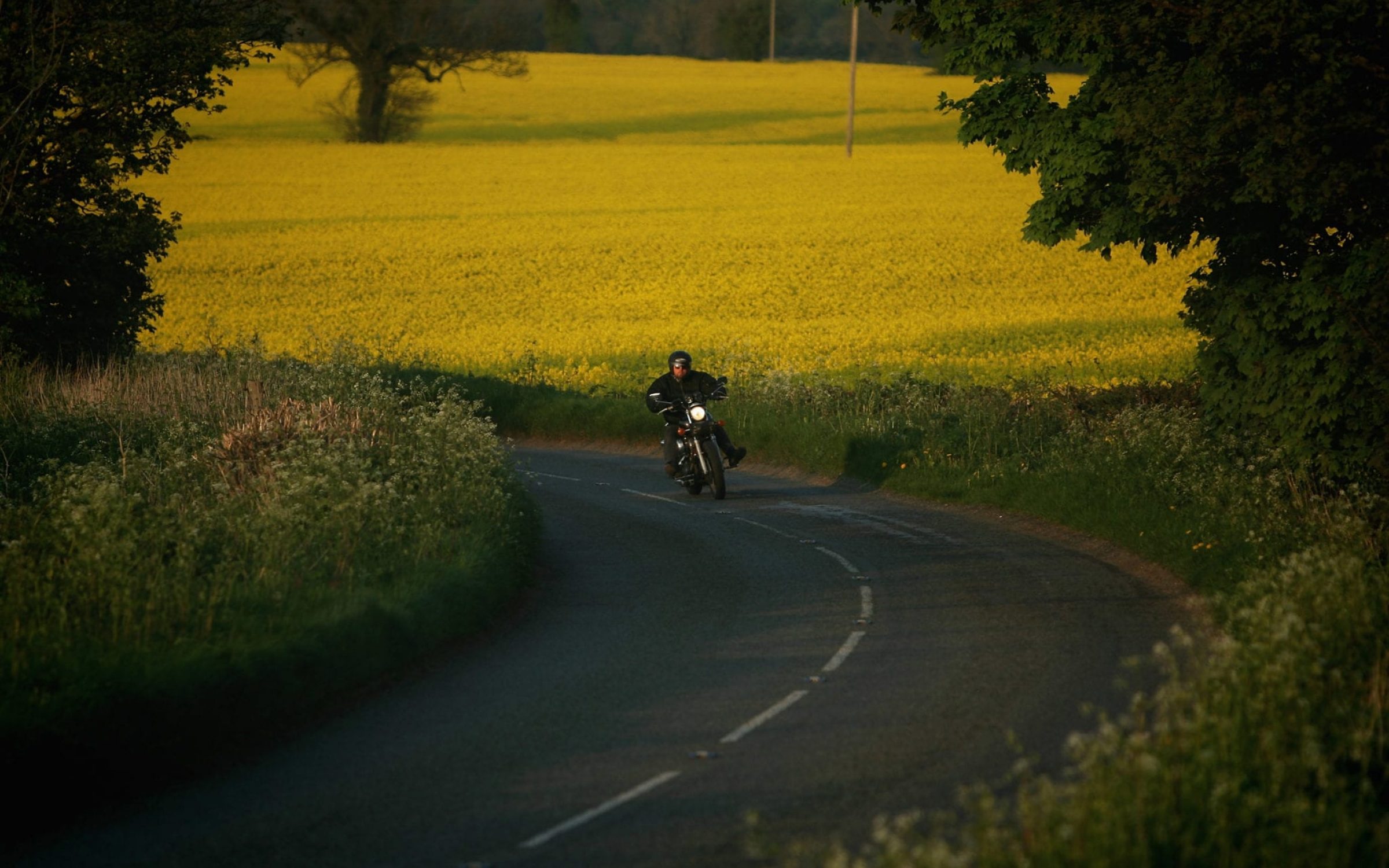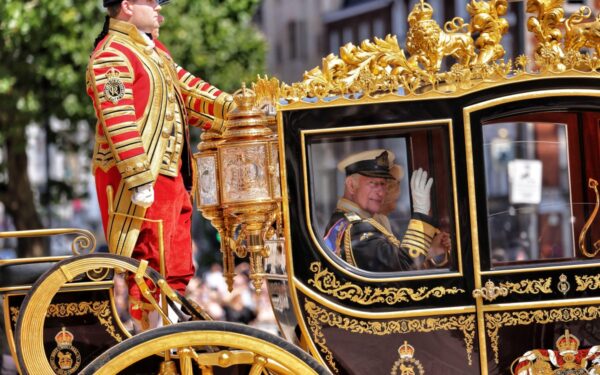Everyone, everywhere has encountered people driving at crazy speeds on the public highway. They are usually, but not always, young men. Frequently they are on powerful motorbikes that are relatively affordable, very fast compared to all but the most powerful and expensive cars, and nimble in traffic.
Excessive speed is a recognised problem. Speed limits are difficult to enforce and very difficult to change. Attempts to reduce speed limits for safety reasons are met with a Mad Hatter-style response: resources do not permit the enforcement of lower limits so the policy is to fix the limits for a road, not by reference to its particular dangers, but by the actual average speed on that stretch of road.
While there is widespread acknowledgment that speeding motorbikes pose a problem, what is less well tackled is the problem of motorbike noise emissions.
This year is the 70th anniversary of the creation of the first National Park: the Peak District. This followed the passing of the Access to the Countryside Act 1949, which sought to protect and provide access to areas of peaceful and unspoilt countryside for the whole population to enjoy. There are now 15 National Parks, the most recent addition being the South Downs National Park, established 2010.
The National Parks, were specifically created to “preserve and enhance iconic landscapes for the enjoyment and well-being of all”.
About 100m people visit the National Parks each year. Among these visitors, there is a small minority of anti-social motorbike riders who abuse the Parks’ purpose. For them, the Parks are irresistible: long stretches of open road, in beautiful countryside, with light traffic, and few of those annoying traffic lights and junctions to get in the way of exquisitely noisy acceleration. Hills with “S” bends and ready-made circuits are particular attractions.
In recent years motorbike noise has become a very serious problem for both residents and visitors to the countryside.
Especially during the lighter months, every weekend, all day, starting from as early as 5 or 6 am, rural peace is shattered. Motorbikes, sometimes in twos and threes, but more often in larger groups organised via social media, scream through country towns and villages – where houses are usually built at the side of the road – and blast along country roads.
The noise is intense and penetrating. Conversation is drowned out – even indoors. Pre-pandemic a friend reported their church service pausing as the priest’s words were drowned out by the cacophony outside. Ear-splitting noise carries easily across open country. Rural tranquility, for the preservation of which the National Parks were established, is destroyed.
The problem of intense, all-day noise is extremely stressful: it is not an exaggeration to say that it challenges sanity. The weekend invasion is dreaded by residents and their sense of powerlessness is enraging.
It is common sense that this is bad for a person’s health. In the workplace today, there are rigorously enforced Health & Safety laws to protect people from excessive noise. According to the Department for Transport, research has shown links between excessively noisy environments and heart attacks, high blood pressure, stress and type-two diabetes.
But there are no proper controls on the levels of noise out of doors and in the countryside and, as yet, no effective means of enforcing any limit in any case.
Over a period of years, cars have been held to a gradually reducing level of permissible noise emissions. Currently motorbikes are, in practice, held to lower standards than other road users. Why is this acceptable?
What are effectively racing bikes are today legally driven on open roads. On more ordinary motorbikes, silencers are frequently modified deliberately to increase noise.
In a Department for Transport release (8 June 2019), Tony Campbell, Chief Executive of the Motorcycle Industry Association, is quoted as saying: “with growing pressure on the environment, including noise pollution, illegal exhausts fitted by some riders attract unwanted attention to the motorcycle community and do nothing to promote the many benefits motorcycles can offer.”
With the default national speed limit on country roads set at 60mph – just 10mph less than on the motorway – excessively noisy motorbikes are not necessarily speeding. Within this lawful speed limit, accelerating motorbikes, especially modified machines, can generate deafeningly high decibel levels.
The police are placed in an impossible position. There is a public perception that they do little to curb the small number of anti-social troublemakers causing widespread distress. But the police have limited tools at their disposal.
At least in respect of speeding, the Vehicle Registration Offences (Penalty Points) Bill, currently awaiting its second reading, could give them one such tool. If passed, it would become an endorsable offence to have an illegible licence plate, something some motorbike riders take advantage of to evade capture by speed cameras. Alongside heftier fines than the current paltry £100, endorsement would carry the risk of higher insurance premiums and, ultimately, potential disqualification.
To deal effectively with excessive noise, three things are required: the strict regulation of noise emissions from motorbikes used on the public highway in line with permissible levels for cars and other road users; effective equipment to measure noise emissions at the side of the road producing evidence acceptable in court; strict enforcement of the regulations by the courts – in which confiscation of offending machines is an available power.
There is a glimmer of light in relation to the second point: acoustic cameras have been trialled and the Department for Transport is evaluating the results. A green light would give some teeth to the considerable, but frequently frustrated, efforts of our police forces.
But stricter regulation of noise emissions is required, and required now. It would be welcomed by the public, the police, and – as Tony Campbell of the Motorcycle Industry Association makes clear – by the majority of the considerate and law-abiding motorbike community.
The menace of excessive motorbike noise is a national and growing problem. It blights communities in cities and suburbs as well as in the countryside. People should have the liberty to enjoy themselves however they wish. However, it is not acceptable for one person’s liberty to come at the expense of another’s.




